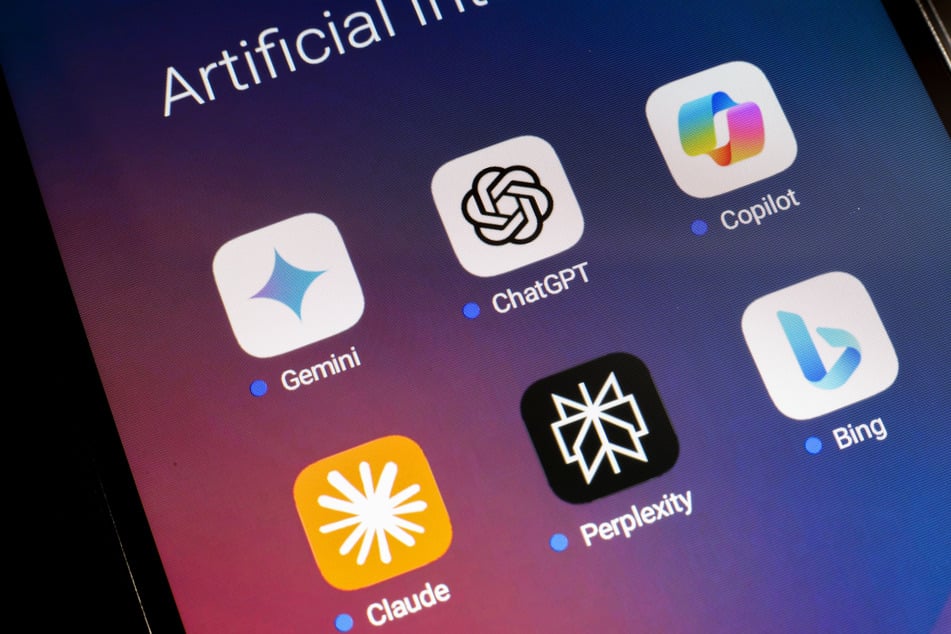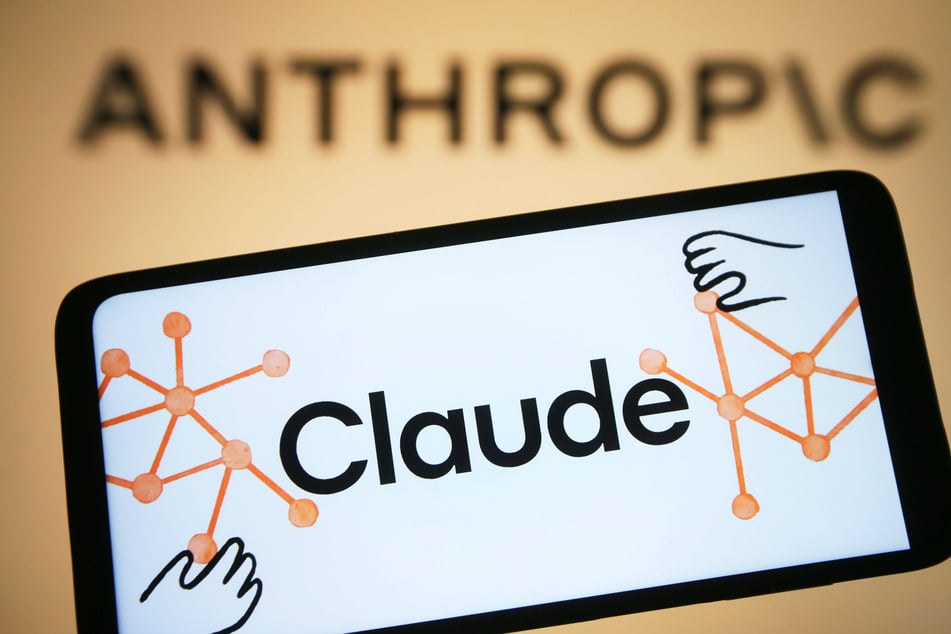Judge sets controversial precedent on AI training using copyrighted books
San Francisco, California - A federal judge has sided with the AI company Anthropic in its practice of training a chatbot on copyrighted books without permission from the authors.

In a decision with the potential to set legal precedent, District Court Judge William Asup ruled on Monday that Anthropic's training of its artificial intelligence creation Claude with millions of pirated books was allowed under a "fair use" doctrine in a law called the Copyright Act.
"Use of the books at issue to train Claude and its precursors was exceedingly transformative and was a fair use," Alsup wrote in his decision.
Tremendous amounts of data are needed to train large language models powering generative AI.
Musicians, book authors, visual artists, and news publications have sued AI companies that used their data without permission or payment.
Alsup's decision in favor of Anthropic is a first in the US and could be cited in other cases as a legal precedent by AI firms defending themselves in court.
AI companies generally defend their practices by claiming fair use, arguing that training AI on large data sets fundamentally changes the original content and is necessary for innovation.
Though most of these lawsuits are still in early stages, their outcomes could have a profound effect on the shape of the AI industry.
Judge orders trial on Anthropic's use of pirated books

Along with downloading for free millions of books from websites offering pirated works, Anthropic bought copyrighted books, scanned the pages, and stored them in digital format, according to court documents.
Anthropic's aim was to amass a library of "all the books in the world", training AI models on content as deemed fit, the judge said in his ruling.
"Anthropic had no entitlement to use pirated copies for its central library," Alsup ruled, ordering a trial on that portion of the copyright lawsuit filed by authors to determine damages.
Anthropic, valued at $61.5 billion and heavily backed by Amazon, was founded in 2021 by former executives from OpenAI, the creator of ChatGPT.
The company, known for its Claude chatbot and AI models, bills itself as focused on AI safety and responsible development.
Anthropic did not immediately reply to a request for comment.
Cover photo: IMAGO / NurPhoto

